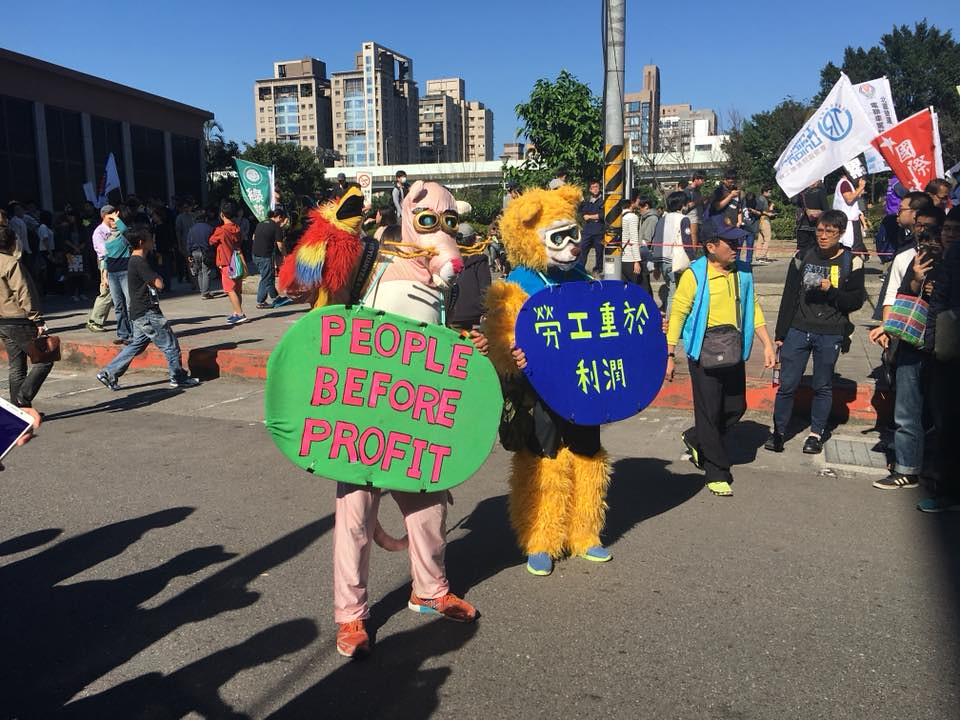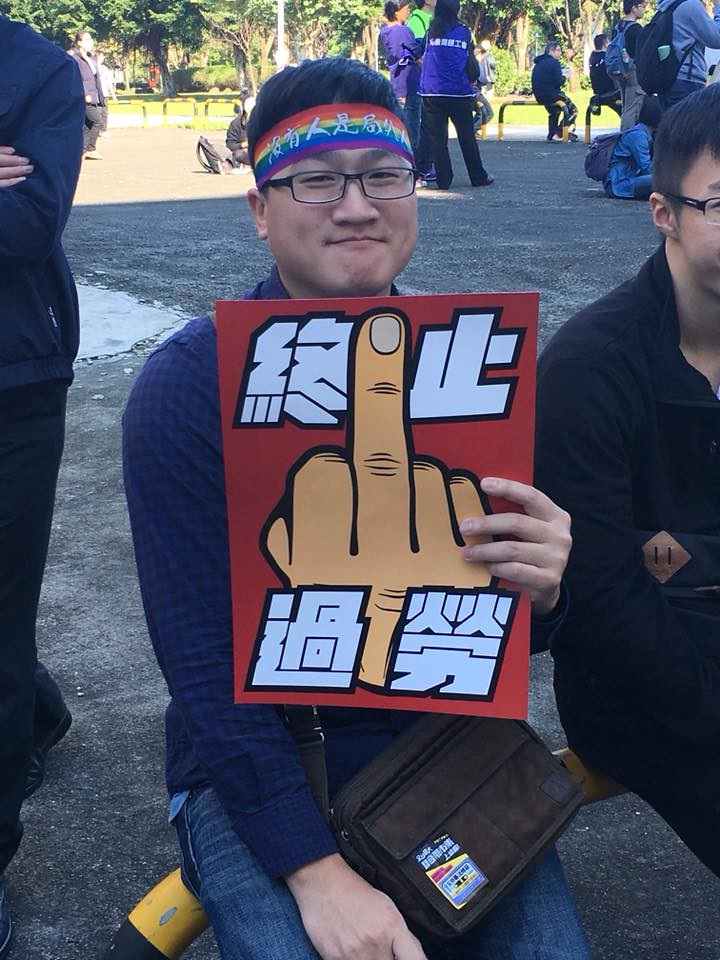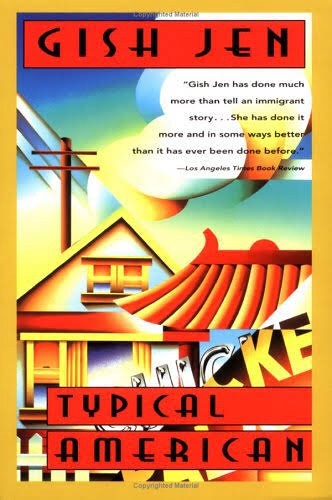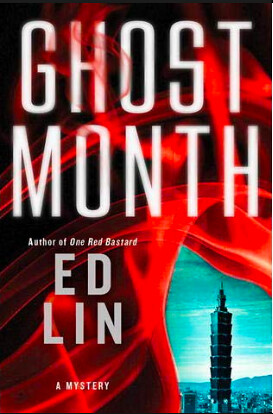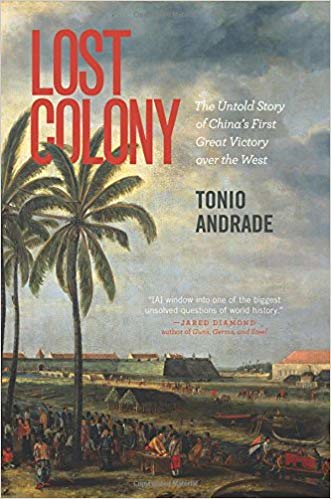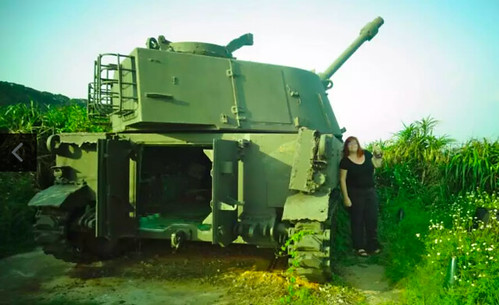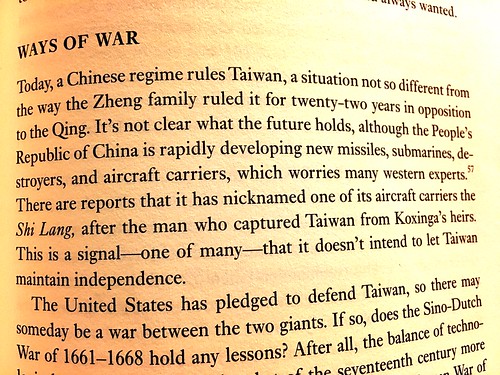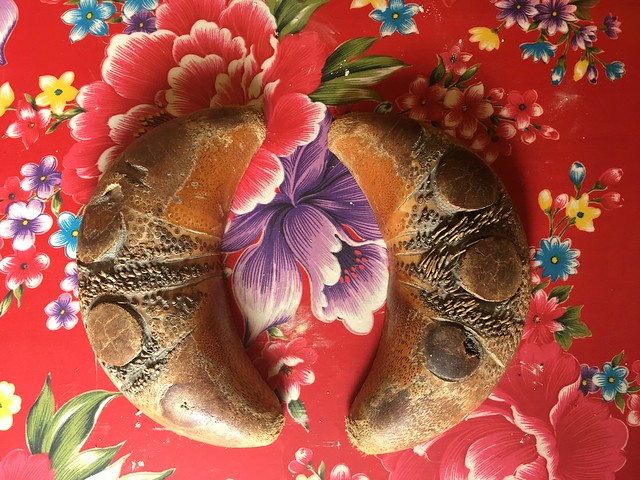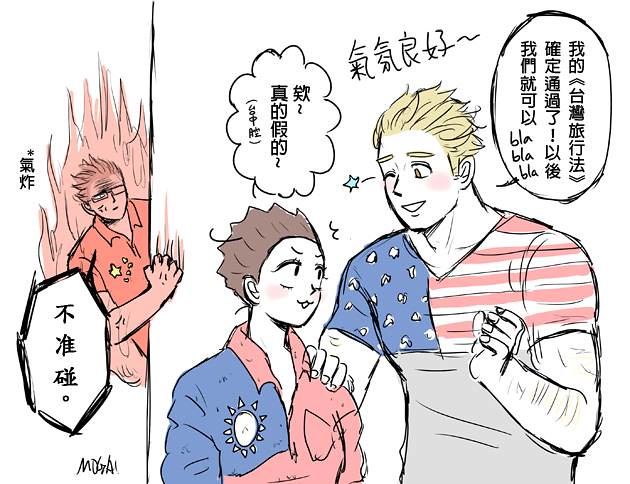 |
The Astonishing Color of After
Emily X.R. Pan
I like to situate my book reviews in the real world - whatever is going on in my life, I try if possible to relate it to what I've read. I do this because I'm not a professional book reviewer, and I want to offer something more unique than a bog-standard review you might read in a newspaper.
As it so happens, I read The Astonishing Color of After - which deals with depression and suicide - during a time when I was (am?) coping with anxiety, mostly related to graduate school. I don't have depression - anxiety is not the same thing - but what drew me in was a line towards the beginning of the novel - the colors around me were all wrong. I was lucky, if only because I was able to see that something was wrong in time to seek professional advice (it turns out that my case is mild and I don't really need anti-anxiety medication if I make a few lifestyle changes - breathing exercises, no social media before bed, that sort of thing). But what really helped me connect with this novel was realizing that while I'd always known intellectually that sometimes brains just don't work the way they're supposed to, I hadn't really understood personally - viscerally - what that could be like, even mildly. Now I do.
The Astonishing Color of After is, theoretically, YA (Young Adult) literature. The writing style is fairly straightforward, the first-person viewpoint character is a teenager dealing with teenage issues and it fits nicely alongside other YA classics. Because of this - and despite it being quite fat - it's a quick read for adults. I didn't realize that when I picked it up, but I'm happy things shook out that way - I'd just finished my dissertation proposal and needed some mental rest with easier prose. It surprises me that it doesn't seem as though this novel has gotten a lot of press among English-speaking Taiwan bibliophiles. I knew when Green Island, Lord of Formosa, My Enemy's Cherry Tree and Wedding in Autumn all came out, but hadn't heard of this book until I came across a copy at eslite. It's a shame, too - YA literature about Taiwan that can be enjoyed by anyone, even if they have no connection to Taiwan, is a niche that needs filling. That kind of soft power helps.
That said, because the narrator is a 15-year-old girl, the prose is written a bit too...muchly. There's explicitness where something might be implied, melodrama where subtlety and implication would suffice. It works, though - the story is told as a 15-year-old might tell it. You can almost envision what the journal entries of the narrator would be like.
Without spoiling too much, the story follows Leigh Chen Sanders, 15-year-old American-raised daughter of Dory Chen and Brian Sanders. When her mother, Dory, commits suicide, Leigh is convinced she's turned into a huge red bird, and eventually seeks answers to her mother's family history in Taiwan. Leigh not only grapples with her mother's death, family secrets and feeling lost in an unfamiliar country, but a father who can barely cope himself as well as a very common teen issue: wanting to do something creative with your life as one of your parents pushes you down a practical path that you are entirely unsuited for.
This struck home for me too. I'm not a teenager anymore, and I'm not in a 'creative' profession (writing is a hobby, not a consistent income source). But along with my dissertation, I've been grappling with exactly why I chose to become a teacher when I don't feel the money I earn really justifies my choice (and don't always feel appreciated in a professional capacity either). I know people think foreign teachers out-earn other professions here, but that's really only true early on. When you hit your thirties, gain experience and professional development and credentials, you start to notice that if you'd gone to work for some corporate machine you'd be earning more by now. But, as with art or music, there are other reasons to choose teaching.
Taipei is rendered as accurately - if generically - as post-smartphone suburban America, and the story is deeply engaging. Pan does a great job of narrating the difficulties Leigh has with Mandarin - a language she is familiar with but doesn't really speak and can't read at all - and Taiwanese, which is incomprehensible to her. The flourish of her Taiwanese mother not really wanting to return to Asia despite her American father being keen do to so - and that same American father speaking and writing fluent Mandarin as his Taiwanese wife avoids her native language - presents a flourish to the story that upends stereotypes readers may have. Frankly speaking, it's a circumstance I've seen play out in real life, and it was interesting seeing it depicted in fiction. It reminded me of how my own grandfather, himself not a native speaker of English, purposefully never taught any of his children Western Armenian. As a result, I never learned it either.
I'm of two minds about Pan's depiction of Taipei. Everything was accurate - the alleys, the doors, the weather, the parks, the house slippers, the apartment shrines, the shops and temples. The depiction of supernatural events fits fairly well within Taiwanese religious beliefs, and the touch that Leigh's mother would visit both a Taoist and a Buddhist temple and not see any problem with that sort of syncretic belief (a fairly common thing to do in Taiwan) was a thoughtful flourish. Leigh's grandparents could be any number of older couples in Taipei city.
But...but. I wish she'd been more specific. Which street with brick arches did she reference? Was it Dihua Street? If so, the temple she described looks nothing like the most famous temple on that street. Was it Longshan Temple? It could have been. But if so, what street? What neighborhood did the Chens live in? Which spot on the North Coast did they actually go to? (Jiufen is referenced but then not much more is said about it or what the scenery is like.) One thing I love when reading novels that take place partly or entirely in Taipei is reading about the author's description of very specific places that I can go visit, if I like. When Pai Hsien-yung talks about Longjiang Road and a park which is obviously 228, I have specific mental images I can conjure up to give life to the story. There's something to be said for referencing a generic residential lane, a generic neighborhood park - the Chens could be anyone and there's literary merit to that - but I like my fictional Taipei to be grounded in a reality that I can personally reference.
I was intrigued by the very common Taiwanese family story of the Chens - a grandmother born in Taiwan and growing up in poverty, and a grandfather who came with the ROC military from China. Leigh's grandmother speaks Mandarin and Taiwanese (her grandfather's linguistic background is less clear). When we start to see flashbacks of Leigh's mother's life in Taiwan, one reference concerns her marrying someone "Chinese" (me: not Taiwanese?) but later that's references as "Chinese or Taiwanese". Which...huh.
There's a lot of digging that could be done into family political dynamics there, a lot of engagement in that particular issue that Pan - and by extension Leigh - could have pursued. But it's left there; there's no further discussion of issues of Taiwanese linguistic, historical or cultural identity. I suppose that'd be a bit much for a YA novel not necessarily marketed only to readers familiar with Taiwan, but it would have been interesting to explore.
Where the novel does a little better is discussing Taiwanese religious beliefs and superstitions, especially regarding ghosts and the afterlife, and Ghost Month in particular. Although I wish the novel had actually gone to Keelung for Ghost Month after explicitly referencing it, beliefs about ghosts roaming the earth and burning items for them to use in the afterlife, I think foreign readers will find these descriptions interesting.
All in all I'm happy I read The Astonishing Color of After, especially when I did. Its ideas and plot threads came through at a time when they could resonate especially strongly for me, and its clear prose was an inviting fictional place for my mind to escape to when it very much needed an escape.
Even better? I think you can still buy it at eslite!










